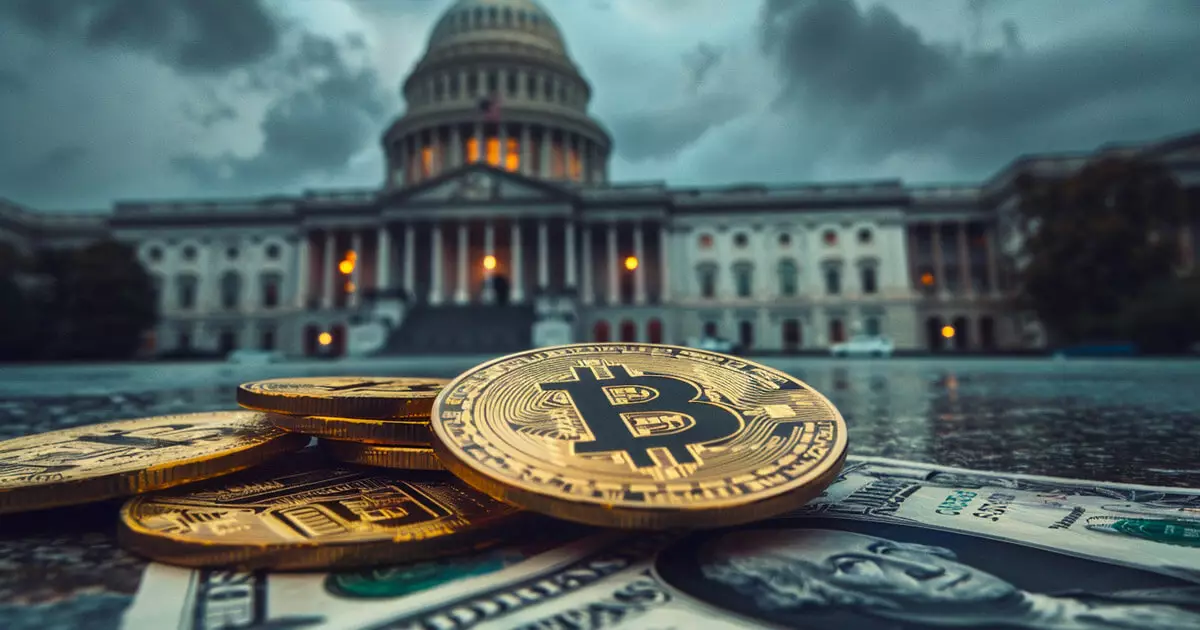During a recent Senate hearing, Senator Tim Scott made a pointed critique of the current US administration, accusing them of unfairly targeting digital assets as the source of terrorism financing. Scott argued that the focus on cryptocurrencies ignores more traditional sources of funding, such as Iran’s $35 billion in oil exports and an additional $16 billion in various waivers that enable the Iranian government to misuse funds. He emphasized that the conversation regarding illicit financing goes beyond digital assets and urged for a more comprehensive approach.
In response to Scott’s concerns, Deputy Treasury Secretary Adeyemo defended the focus on digital assets, highlighting the challenges posed by crypto transactions compared to traditional financial transfers. He pointed out the issues with Russia’s stablecoin use to evade sanctions and North Korea’s use of mixers to conceal financial transactions. Adeyemo outlined the Treasury’s request for expanded authority over cryptocurrencies, including the introduction of secondary sanctions against foreign crypto providers and tighter regulations to address risks posed by international crypto platforms.
Adeyemo explained that the Treasury’s formal request, dating back to November, aims to introduce a secondary sanctions tool against foreign crypto providers, tighten existing regulations, and address jurisdictional risks related to international crypto platforms. This request has garnered support from other senators, who believe that tighter regulations are necessary in the digital asset sector. Committee Chairman Sherrod Brown stressed the importance of applying the same regulatory standards to crypto platforms as traditional financial institutions to combat terrorist financing effectively.
Senator Bob Menendez raised concerns about the ease of converting oil proceeds to crypto, highlighting the potential for abuse in the sector. Adeyemo reiterated the need for more comprehensive authority over digital assets in response to these concerns. Additionally, Senator Elizabeth Warren called for the extension of financial institution regulations to blockchain validators as a measure to prevent further abuse.
The ongoing debate surrounding digital assets and terrorism financing underscores the complex challenges faced by regulatory authorities in combating illicit financial activities. While some argue for a more targeted approach focusing on traditional funding sources, others advocate for enhanced oversight and tighter regulations in the crypto sector. Ultimately, striking a balance between innovation and regulation will be crucial in effectively addressing the risks associated with digital assets in the fight against terrorism financing.


Leave a Reply